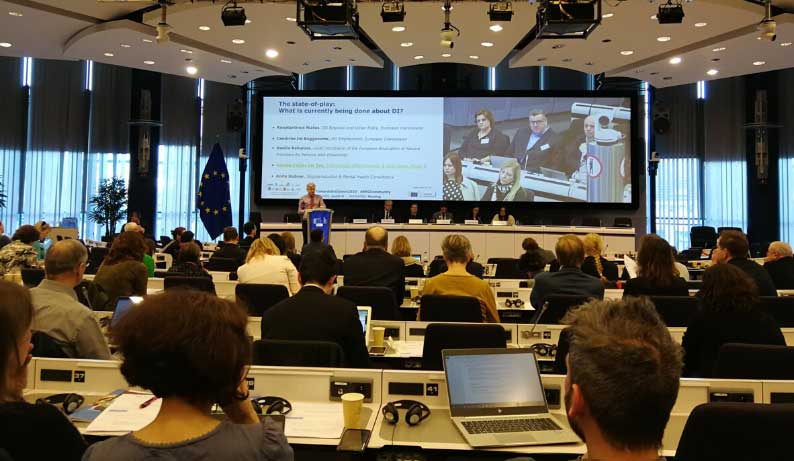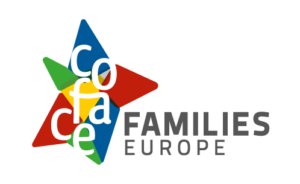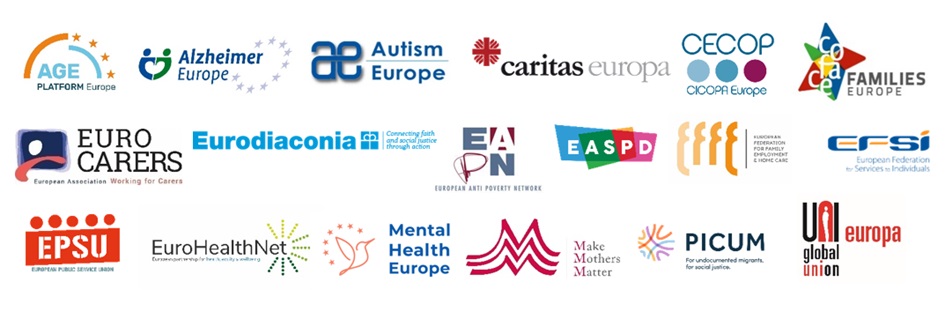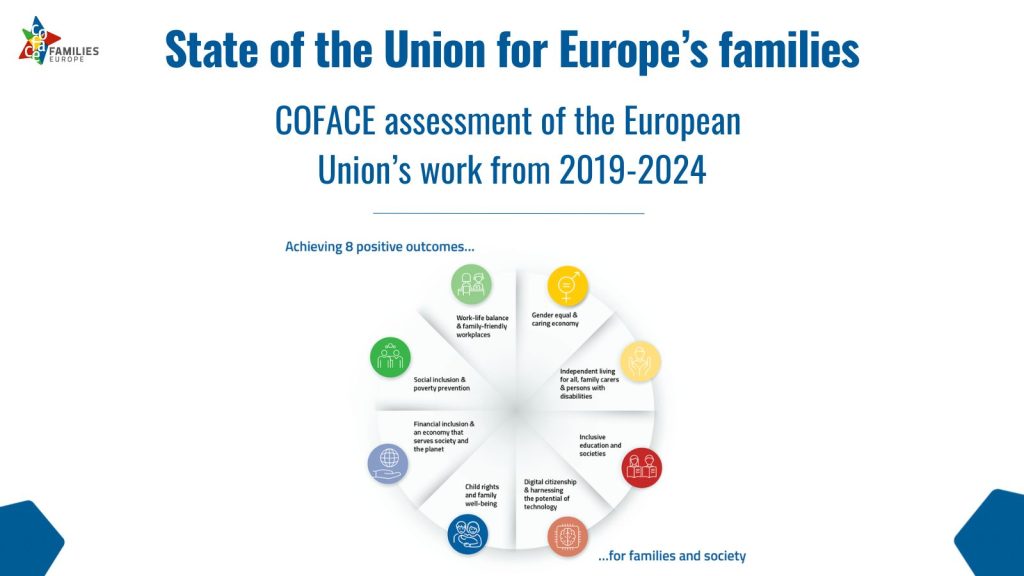#BeTheSHIFT towards full inclusion by 2030
COFACE Families Europe and partners celebrate 10 years of coordinated EU action on deinstitutionalisation with the “Towards Inclusion” conference hosted by the European Commission today in Brussels. The event aims to take stock of past achievements and set a common vision for the future, as set out in our joint statement.
As a founding member of the European Expert Group on the transition from institutional to community-based care (EEG), COFACE Families Europe strives to implement Article 19 of the UN Convention on the Rights of Persons with Disabilities ensuring that individuals with disabilities have all necessary means to exercise choice and control and make all decisions concerning their lives.
Together with the EEG and 200+ participants converging in Brussels today from 31 countries, including the European Commissioner for Equality, Helena Dalli, COFACE Families Europe is proud to celebrate 10 years of coordinated action to promote deinstitutionalisation: the EU has significantly contributed to moving away from institutionalisation by supporting community- and family-based care and services, nevertheless, there is still a long way to go in order to reach full inclusion. EU policies and funding have not always been aligned and institutionalisation remains a problem in Europe. COFACE and the EEG urge the EU to renew its commitment to the transition from institutional to community-based care: it is essential that there is no further spending on institutions, that EU resources improve the availability and the quality of family- and community-based support whilst also ensuring the services can be sustained through domestic resources, that EU funding helps to ensure the direct involvement of those concerned in the reforms design, implementation and monitoring; and that reforms go hand-in-hand with investment in an accessible built environment and quality public services for all.
COFACE has taken on the responsibility of co-chairing the EEG for 2020 together with Lumos and UNICEF. This will be an opportunity to support the development of further joint actions of the alliance. We will bring in the resources and expertise of the COFACE Disability platform for the rights of persons with disabilities and their families, including our recently adopted S.H.I.F.T. guide which proposes 5 objectives, 15 tools, and 45 actions in the areas of Support, Human rights, Independence, Families and society Transition, for a meaningful inclusion of persons with disabilities and their families.
The S.H.I.F.T. guide can be used by different stakeholders at different levels: NGOs, social and health service providers, funders, policy-makers, self-advocates, family carers, employers, education professionals, urban developments and housing providers, European decision-makers across local and regional authorities, trade unions and employers. We encourage all to #BeTheSHIFT by using this guide as a starting point for a discussion based on practical actions to be implemented in your communities to make rights of persons with disabilities and their families a reality in Europe.
ENDS
____
European Expert Group on the Transition from Institutional to Community-based care Joint Statement: Ten Years Towards Inclusion (PDF version)
Note to the editor:
For more information contact
Isabell Wutz, Communication Officer: iwutz@coface-eu.org or
Irene Bertana, Policy Officer: ibertana@coface-eu.org
COFACE Families Europe has been involved for 60 years in building a strong social, family-friendly Europe. It brings forward the voice of millions of families, gathering 60 organisations from all over Europe. COFACE Families Europe advocates for strong social policies that take into consideration family needs and guarantee equal opportunities for all families.
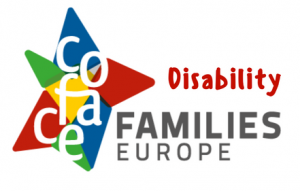
The COFACE Disability Platform for the rights of persons with disabilities and their families (or COFACE-Disability) was founded by COFACE Families Europe in 1998 to better represent persons with disabilities and their families. COFACE Disability’s mission is to promote the interests of persons with disabilities, their families and caregivers and to support the enjoyment of their rights throughout their lives.
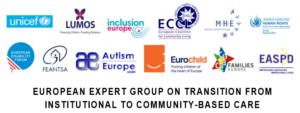
The European Expert Group on the Transition from Institutional to Community-based Care (EEG) is a broad coalition gathering stakeholders representing people with care or support needs and their families, including children, people with disabilities, homeless people, and people experiencing mental health problems; as well as service providers, public authorities and UN organisations. The Group has as its mission the promotion of person-centered, quality, and empowering models of services and formal and informal care that fully respect the human rights of all people with care or support needs. The Group supports national efforts to implement the necessary reforms, in compliance with the United Nations Convention on the Rights of Persons with Disabilities (in particular with Article 19), the United Nations Convention on the Rights of the Child, and the European Charter of Fundamental Rights.


